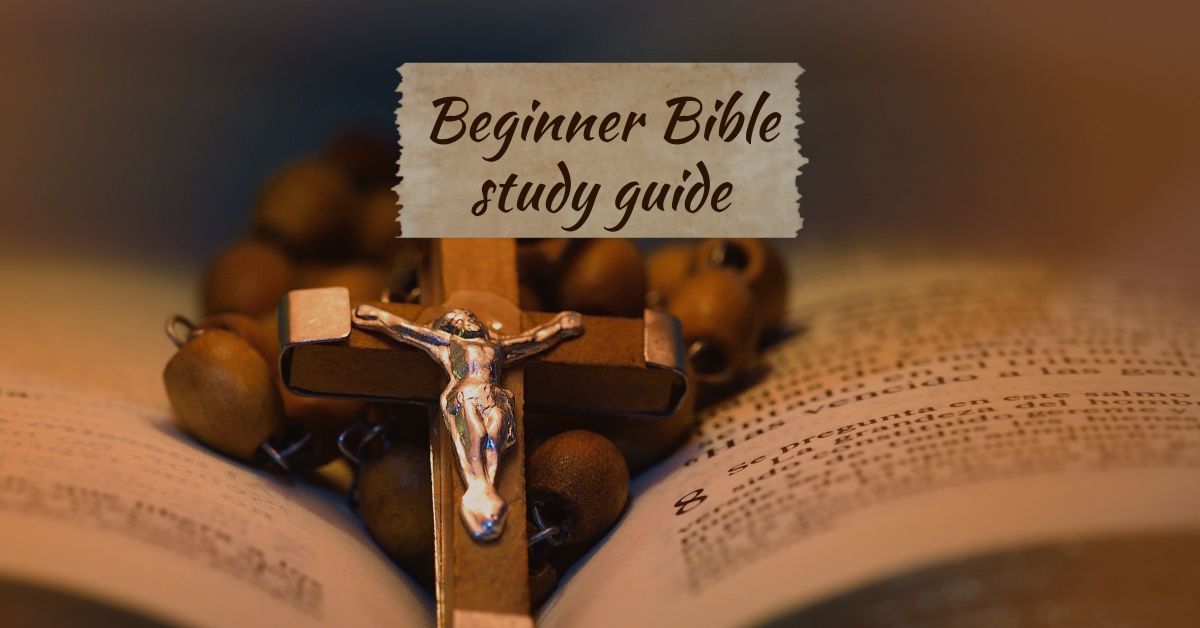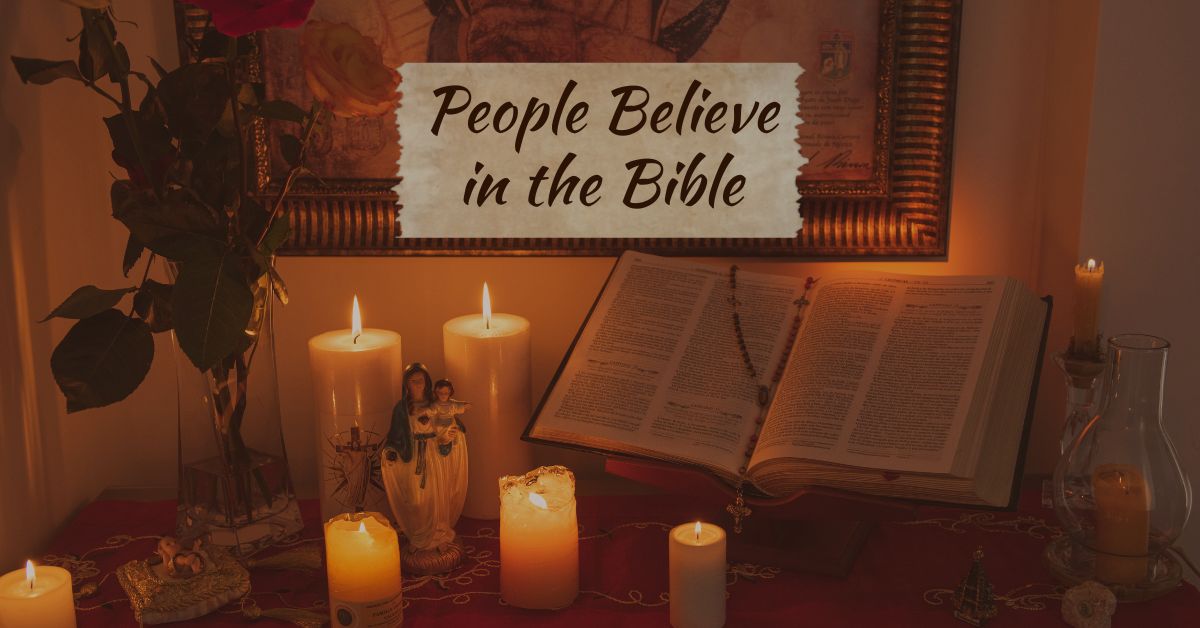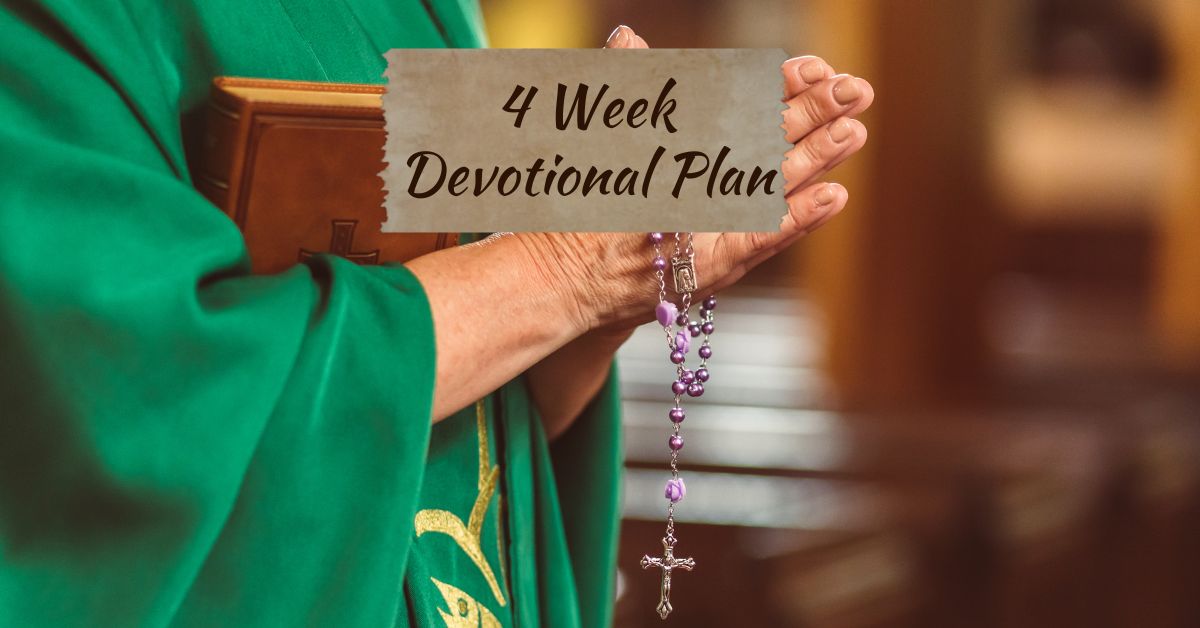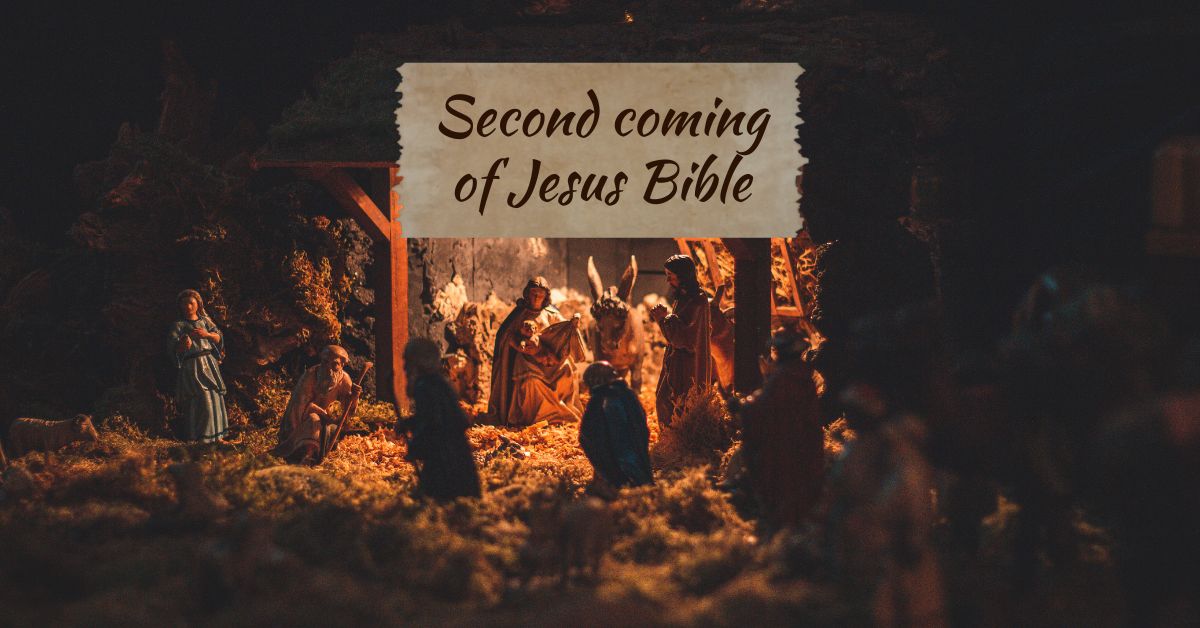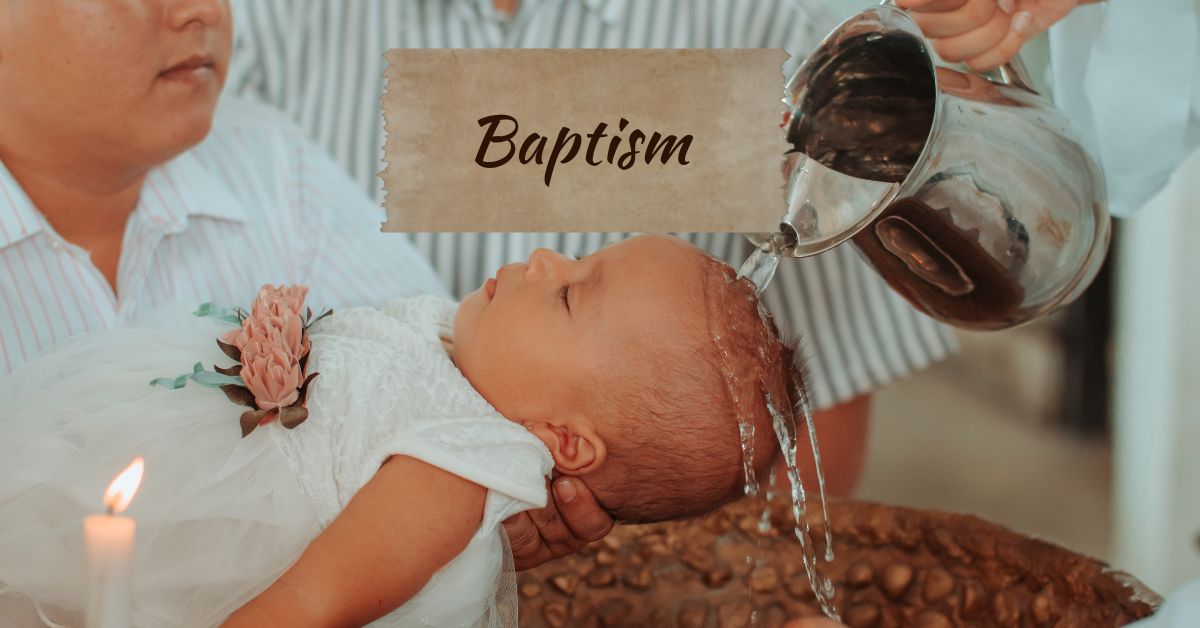From Sunday School to movies, many of us grew up hearing the same Bible stories again and again. But over time, these stories have been simplified, misquoted, or completely misunderstood. The truth is, behind many familiar tales are deep, powerful messages that speak to real struggles—faith, obedience, fear, and redemption.
In this article, we’ll break down some of the most misunderstood Bible stories and reveal the life-changing truths they actually teach.
1. Noah’s Ark – It Wasn’t a Children’s Story
What We Hear: Cute animals on a big boat, rainbows, and a floating zoo.
What It Really Teaches: Judgment, obedience, and God’s mercy in the midst of destruction.
“But Noah found favor in the eyes of the Lord.” – Genesis 6:8
Lesson: God takes sin seriously. But for those who walk with Him—even in a wicked world—there is protection and purpose. Noah’s story isn’t about animals; it’s about faith when no one else believes.
2. David and Goliath – It’s Not About Underdog Wins
What We Hear: A little guy beats a giant with a slingshot.
What It Really Teaches: Trusting God in impossible situations, not self-confidence.
“You come to me with a sword… but I come to you in the name of the Lord.” – 1 Samuel 17:45
Lesson: The victory wasn’t David’s strength—it was his faith. This story isn’t about human courage; it’s about divine confidence.
3. Jonah and the Whale – It’s Not Just About a Fish
What We Hear: A rebellious prophet gets swallowed by a whale and spits out onto land.
What It Really Teaches: God’s relentless grace for both the disobedient and the undeserving.
“Should I not have concern for the great city of Nineveh?” – Jonah 4:11
Lesson: Jonah isn’t about punishment—it’s about mercy. God doesn’t give up on His messengers or on those they’re sent to reach.
4. The Prodigal Son – It’s About Both Sons
What We Hear: A wayward son comes home and gets forgiven.
What It Really Teaches: God’s grace toward the rebellious and a warning to the self-righteous.
“This brother of yours was dead and is alive again.” – Luke 15:32
Lesson: This story highlights two kinds of brokenness—rebellion and pride. Both need grace, and both are welcome home
5. The Woman at the Well – Not Just a Moral Lesson
What We Hear: A sinful woman talks to Jesus and changes her ways.
What It Really Teaches: Jesus crosses cultural and moral boundaries to reach hurting hearts.
“Whoever drinks the water I give them will never thirst.” – John 4:14
Lesson: This isn’t a story of shame—it’s about spiritual thirst. Jesus meets people right where they are, even when society rejects them.
6. Job’s Suffering – More Than a Test of Patience
What We Hear: Job loses everything but stays faithful.
What It Really Teaches: God’s sovereignty doesn’t always come with explanations.
“Though He slay me, yet will I hope in Him.” – Job 13:15
Lesson: Job’s story is not just about patience—it’s about trust. Even when life doesn’t make sense, God is still worthy of worship.
7. Eve and the Forbidden Fruit – It’s Not About Apples
What We Hear: Eve ate an apple and messed it up for everyone.
What It Really Teaches: Humanity’s desire to define good and evil for themselves.
“When you eat from it your eyes will be opened, and you will be like God.” – Genesis 3:5
Lesson: The story isn’t about fruit—it’s about rebellion. Eve and Adam chose self over trust, and we still face the same temptation today.
Table: Quick Summary of Misunderstood Bible Stories
| Story | Common Misunderstanding | True Message |
|---|---|---|
| Noah’s Ark | Cute animal story | Faith and divine judgment |
| David and Goliath | Underdog wins | Trust in God’s power, not self |
| Jonah and the Whale | Disobedience punished | God’s mercy and second chances |
| Prodigal Son | Rebellious son forgiven | Grace for both rebellion and pride |
| Woman at the Well | Morality tale | Jesus meets us in brokenness |
| Job’s Suffering | Patience during trials | Faith in God’s wisdom beyond understanding |
| Eve and the Fruit | Apple ruined humanity | Choosing self-rule over divine guidance |
Conclusion:
The Bible is a rich, multi-layered book filled with complex characters and divine truth. Many of the misunderstood Bible stories we heard as children were only the surface level. The real power comes when we study them with open hearts and fresh eyes.
These aren’t just ancient tales—they’re deeply personal reminders that God’s truth is always deeper than we think. When you revisit scripture without assumptions, you’ll often find lessons that are shockingly relevant today.
FAQ’s
1. Why are Bible stories often misunderstood?
Because they’re oversimplified or taught out of context, especially to children.
2. Can I learn deeper lessons even from stories I’ve heard before?
Absolutely—studying the original scripture often reveals new layers of meaning.
3. Where should I start if I want to read the Bible more deeply?
Begin with the Gospels and use a study Bible or trusted commentary for context.







